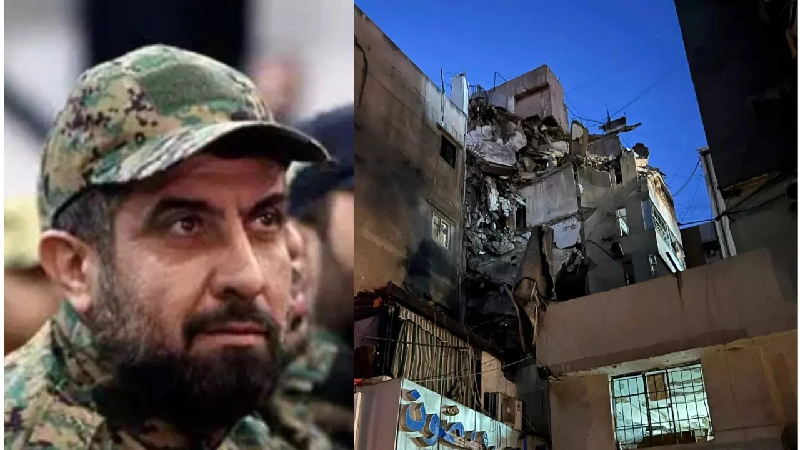Rising Tensions in the Middle East Following the Assassination of Hezbollah Leader
Iran Press/West Asia: The recent assassination of Shukr, a senior Hezbollah commander, has sent shockwaves through the Middle East, raising concerns about escalating violence in the region. The Israeli military confirmed that the targeted strike aimed to dismantle Hezbollah’s command structure. Shukr’s death is part of a troubling trend of high-profile assassinations, including the recent killing of Hamas leader Ismail Haniyeh in Tehran.
Context and Recent History
The ongoing conflict between Israel and various militant groups has a long and complex history. Hezbollah, a Shia Islamist political party and militant group based in Lebanon, has been in a state of hostilities with Israel since its inception in the early 1980s. The group receives significant support from Iran, which views Hezbollah as a strategic asset in its broader confrontation with Israel.
The assassination of senior figures within Hezbollah and Hamas is not a new tactic. Historically, Israel has conducted targeted strikes to weaken these organizations, which it sees as existential threats. However, these actions often lead to severe repercussions, including retaliatory attacks and increased regional instability.
Immediate Reactions and Potential Retaliation
In response to Shukr’s assassination, analysts predict Hezbollah will retaliate aggressively, aiming to avenge their fallen leader. This retaliation could manifest in the form of rocket and drone attacks against Israeli targets, reminiscent of previous actions taken following the deaths of senior commanders.
The southern border of Lebanon, shared with Israel, is particularly vulnerable. Any escalation could quickly spiral into broader conflict, affecting not just Lebanon and Israel, but potentially drawing in neighboring countries and militias aligned with Hezbollah.
Broader Regional Ramifications
Iran, Hezbollah’s staunch ally, has vowed to bolster its support for militias in Iraq and Syria in light of the recent events. This pledge underscores the deeply interconnected nature of the "Axis of Resistance," a coalition of states and non-state actors opposed to Western, particularly Israeli, influence in the Middle East.
The assassination of Shukr and the potential for a robust retaliation exemplify the delicate balance of power in the region. Experts warn that any miscalculation could lead to a full-scale regional conflict, involving multiple state and non-state actors.
Calls for International Monitoring
As tensions escalate, the international community is urged to keep a close watch on the unfolding situation. The prospect of a wider regional war looms large, with both Hezbollah and Iran preparing to respond to what they perceive as acts of aggression by Israel. The global community’s involvement and diplomatic interventions may be crucial in preventing further degradation of regional stability.
In conclusion, Shukr’s assassination marks a significant and potentially dangerous turning point in Middle Eastern geopolitics. The coming days and weeks will be critical in determining whether the region can avoid a broader conflict.
